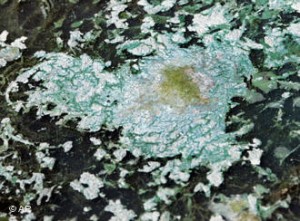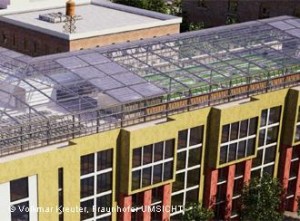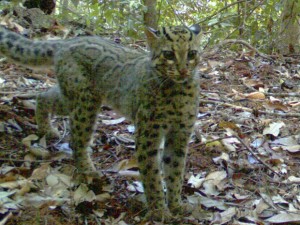A CO2 budget for everyone on earth
German Minister for the Environment, Norbert Röttgen, is pleading for a CO2 emission limit for everyone on earth. It’s going to be difficult climate talks in Durban at the COP17 these upcoming weeks. (At least everyone agrees on that.) But to come to terms on climate protection goals, he says in an interview with Der Spiegel, a German weekly newsmagazine, inevitably there has to be a CO2-budget for the emission of greenhouse gases per capita in the future.
Growing rice + fishing

A new study out of China has some encouraging news for farmers and the environment: according to the six-year long report from the National Academy of Science in China, rice cultivation and fishing can take place side-by-side in the same place!
In the study, fish were allowed to swim in flooded paddies at the same time as farmers were cultivating rice. Over time, researchers found out the farmers grew the same amount of rice as usual but cut down drastically on the amount of pesticide and fertilizer they normally use. Fewer chemicals in the paddies means a lower environmental impact. Plus, one of the study’s authors says areas that don’t have enough water and land for rice and fish production can combine the two and benefit everyone. You can read more about the study on the Science and Development Network.
Using nature to combat global warming

A company called GreenCell has a unique solution to the problem of global warming. It’s created something called the GNUL – a bio-processor that, as GreenCell says, ”turns our worst problem into our greatest asset.”
The GNUL is built right into infrastructure that creates greenhouse gases – like smokestacks for example. Working like human lungs, the GNUL breathes in harmful pollutants like CO2 and breathes out oxygen. It does that by using special types of micro-algae that suck in contaminants and breaks them down. The GNUL also purifies water and recycles bio-waste. So essentially, it replicates systems that are already part of mother nature. It could be a breath of fresh air for towns and cities everywhere.
Urban farming – a food crisis solution?

Transporting food from one country to another, or from one tiny village to a big city across the globe, adds to the growing food crisis we’re seeing around the world. The financial and environmental cost of getting oranges from South America to a grocery store in France the next day are huge, and the problem is only getting bigger as food prices climb.
One of our environmental writers at Deutsche Welle wrote an interesting article about urban farming, which is considered by many to be a solution to the food problem. The idea is to have cities feed themselves, and they can do so by using space and resources that already exist. Like large server rooms in offices that produce heat, or rooftops on industrial installations that would make a good home for a greenhouse. Even sewage can be used as fertilizer.
All those innovative options would help cities become more independent, relying less on food outside and more on local, home-grown and often organic produce.
Indonesia’s forests in the spotlight

They’re some of the rarest and most endangered wild cats in the world, and international conservation group WWF captured them on camera. The organization snapped pictures of the Sumatran tiger, clouded leopard, marble cat, golden cat and leopard cat in a patch of forest between a wildlife sanctuary and a national park.
The pictures are stunning, but they present a big problem: the wild cats were photographed in an unprotected forest area that’s being lost to deforestation. That’s why the organization is calling on the Indonesian government to step up efforts to protect its forests. Some of the big companies that surround the forest are wood suppliers, and that’s put much of the land in danger.
WWF has more pictures and information on the endangered animals








Feedback